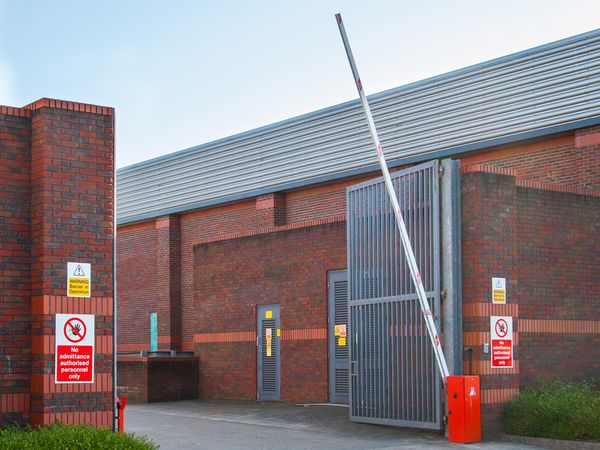When can union officials enter your workplace for safety reasons?
Some employers may hold concerns that work health and safety (WHS) rights of entry may not be used by unions for proper purposes. This can lead to a risk of penalties being imposed on employers that wrongfully refuse entry. In particular, refusing entry could result in substantial civil penalties if the exercising of the right of entry was lawful.
While steps can be taken to verify the legitimacy of concerns at the site point of entry, employers must be careful not to obstruct or delay the permit-holder’s entry to the site if they hold valid permits.
Following is a run-down of union rights of entry so you know what to expect.
What is a lawful workplace entry?
Part 3-4 of the Fair Work Act 2009 (Cth) (FW Act) provides a framework for unions to lawfully enter workplaces to meet with their members, or investigate suspected safety concerns or breaches of the FW Act.
Entry permits
A union official must hold valid entry permits before exercising a right of entry. The two permits for entry for safety reasons are a FW Act entry permit and a WHS Act permit issued under a state of territory safety law such as the Work Health & Safety Act 2011 (NSW).
Right of entry under the WHS Act
If a union official wants to exercise a right of entry to a workplace in respect of safety concerns, they must hold both the FW Act and WHS Act entry permits.
The permit-holder’s entry to the workplace is strictly regulated by the FW Act and WHS Act, which require the permit-holder to:
- hold a reasonable suspicion of a contravention of WHS Act requirements in relation to a relevant worker at the workplace, prior to entry;
- provide the required notice of entry after entry;
- only enter the workplace during its usual working hours;
- comply with the employer’s safety instructions;
- avoid obstructing any person or disrupting work; and
- visit only those areas directly related to the health and safety of the worker/s and where the worker/s work.
Valid types of entry and notice requirements regarding suspected safety contraventions
Where the union official has a reasonable suspicion of a WHS contravention that relates to a relevant worker at the workplace, they have the right to enter the workplace to:
- Enquire into a suspected contravention: In this scenario, the permit-holder needs only to provide notice as soon as practicable after entry unless that would defeat the purpose of the entry or cause unreasonable delay to the permit-holder in an urgent matter. This step is important as a number of employers wrongly assume that the permit must be shown before entry and only after the employer is satisfied that there is a genuine safety issue. Although an employer can ask about the alleged safety concern, entry cannot be refused on that basis.
- Inspect employee records or information relevant to the suspected contravention: For example, records on plant and equipment repairs and maintenance. In this scenario, the permit-holder must provide between 24 hours and 14 days’ notice of the proposed entry.
What is a reasonable suspicion?
A permit-holder must hold a reasonable suspicion of a contravention of WHS Act requirements in relation to a relevant worker at the workplace, prior to entry. The test of whether the permit-holder’s suspicion is reasonable is to be determined by a court and not the employer. This fact means that an employer, even holding doubts about the legitimacy of the alleged breach, must allow entry so long as the permit-holder has valid permits and complies with the employer’s safety entry requirements.
When the union official comes on site
Once on site, the employer is entitled to accompany the permit-holder to ensure that they follow the site safety rules and do not breach the permit-holder’s obligation. If breaches occur, then they can be raised with the regulator and/or civil proceedings can be commenced seeking penalties for the breach.
From the experts behind the Health & Safety Handbook, the Bulletin brings you the latest work health and safety news, legal updates, case law and practical advice straight to your inbox every week.

